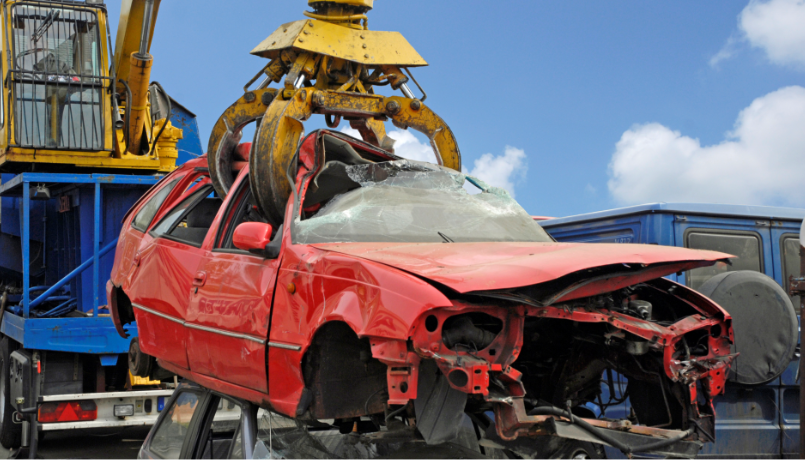In today’s world, environmental preservation is more critical than ever. One of the key strategies in reducing our ecological footprint is scrap vehicle recycling. This process not only conserves natural resources but also reduces greenhouse gas emissions.
In this blog, we will explore the multifaceted benefits of scrap vehicle recycling & removals Perth. We will also discuss why it plays a crucial role in environmental preservation.
Understanding Scrap Metal Recycling
Scrap metal recycling involves the collection, processing, and reuse of metal materials from various sources. These can include industrial scrap, end-of-life vehicles, construction debris, and consumer products.
The recycling process transforms these discarded materials into valuable raw materials for the production of new goods. Thus, it helps close the loop on metal usage.
The Role Of Scrap vehicle Recycling In Environment Protection
1. Conservation Of Resources : One of the primary benefits of scrap metal recycling is the conservation of natural resources. Extracting metals from the earth through mining is a resource-intensive process that involves significant energy consumption and environmental disruption. By recycling scrap metal, we reduce the need for raw ore extraction, conserving precious natural resources and minimizing the environmental impact associated with mining activities.
Moreover, metal recycling saves energy. Producing metal products from recycled materials requires less energy compared to manufacturing from raw materials. For instance, recycling aluminum saves up to 95% of the energy required to produce the same amount of aluminum from bauxite ore. These energy savings translate into reduced carbon emissions. It even contributes to the fight against climate change.
2. Reduction Of Greenhouse Gas Emissions : The process of extracting and processing raw materials is a major source of greenhouse gas emissions. By opting for scrap metal recycling, we can significantly reduce these emissions. The energy efficiency of recycling means fewer fossil fuels are burned. It even leads to a decrease in carbon dioxide and other harmful gases released into the atmosphere. This is crucial in our global efforts to mitigate climate change and protect our planet for future generations.
3. Economic Benefits : Beyond its environmental advantages, scrap metal recycling also offers substantial economic benefits. It supports a thriving recycling industry, creating jobs and stimulating economic activity. Recycling facilities and the supply chain that supports them provide employment opportunities in both urban and rural areas. It significantly contributes to economic development.
Furthermore, the process of recycling metals is often more cost-effective than extracting and refining raw materials. This cost efficiency can lead to lower prices for consumer goods made from recycled metals. This benefits both manufacturers and consumers.
4. Promoting Sustainable Development : Scrap vehicle recycling is a key component of sustainable development. It includes the principles of the circular economy, where materials are kept in use for as long as possible. Moreover, it extracts their maximum value before recovery and regeneration. This model conserves resources and reduces environmental impact. It also promotes innovation and sustainability in product design and manufacturing processes.
How Can We Contribute?
Everyone has a role to play in promoting scrap vehicle recycling. Individuals can contribute by properly sorting and disposing of metal waste. This ensures that it finds its way to recycling facilities rather than landfills. Businesses, particularly in industries like manufacturing and construction, can adopt sustainable practices by recycling scrap metal and choosing materials with high recycled content.
Conclusion
The role of scrap metal recycling in environmental preservation cannot be ignored. By embracing this sustainable practice, we can conserve natural resources, reduce greenhouse gas emissions, stimulate economic growth, and move closer to a circular economy. As we continue to face global environmental challenges, it is imperative that individuals, businesses, and governments alike recognize the value of scrap metal recycling and support policies and practices that promote its widespread adoption. We can make a significant impact on our planet’s health and ensure a sustainable future for all.

